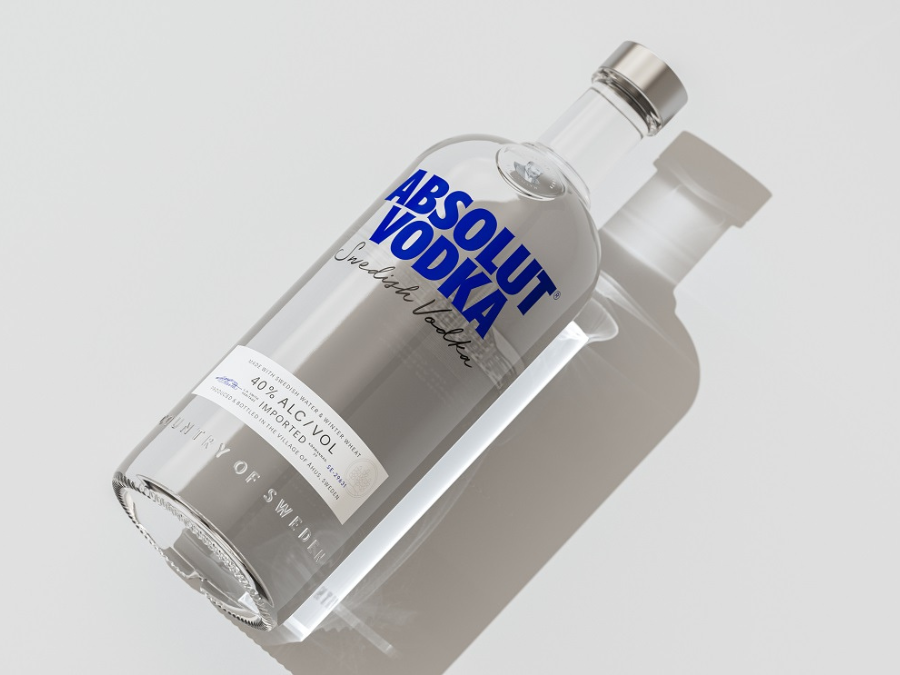[ad_1]

Pernod Ricard will stop exporting Absolut vodka to Russia following a backlash in Sweden to news the company had restarted shipments.
The French beverage giant’s spirits products have been on sale in Russia since the start of the Ukraine war but the group had stopped exporting to the country and was using its stockpiles to keep its operations running in a limited manner.
Recently, those stocks have run out requiring resupply via imports, which recommenced in recent weeks.
However, following the news that Pernod Ricard had restarted shipping Absolut vodka to Russia, the company faced criticism in Sweden, the brand’s country of origin and production.
In a statement to employees, Stephanie Durroux, the CEO of Pernod Ricard subsidiary The Absolut Company said “reaction over the recent days is clearly reflective of the role Absolut plays for its extended community in Sweden”.
She added: “We acknowledge the significance of these long-standing and trusting relationships with our Swedish employees, partners, consumers, and the Swedish society at large.
“Acknowledging also the duty of care towards our employees and partners, we cannot expose them to massive criticism in all forms. Therefore, The Absolut Company has decided to stop the export of its brand to Russia.”
Pernod Ricard stressed it would not be able to prevent its Absolut brand from being sold in Russian ‘parallel markets’, which it said “has strongly increased in recent months and over which we have no control”.
It has been widely reported that western products from all sectors, including food, drink, fashion and consumer technology are making their way into the Russian market via exports from neighbouring and trade-friendly countries. A major channel for the ‘parallel market’ is exports originally intended for nations in the Moscow-led Eurasian Economic Union, such as Kazakhstan, Armenia and Belarus.
Companies including Pernod Ricard that have kept some operations in Russia have expressed concern about the future of their assets and staff in the country if they pulled out completely.
In a Q&A published on its website in March, the brewer defended its decision to increase staff and develop new products in Russia. However, it stated that it should have been clearer about the need for both moves to avoid accusations of “intentional bankruptcy” by the Kremlin.
“We seek to exit Russia while doing our best to secure the future livelihoods of our almost 1,800 employees in Russia,” Heineken said at the time. “The dilemma we face is that if we suspend or stop operations, the business will quickly go bankrupt and, as a result, employees would lose their livelihoods.
“As everyone knows, it’s hard to sell a loss-making business, so we would deprive them of a chance for future employment. At the same time, ‘intentional bankruptcy’ is a criminal offence in Russia and brings a risk of prosecution and/or nationalisation, which we want to do everything to avoid.”
[ad_2]
Source link

